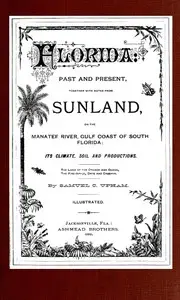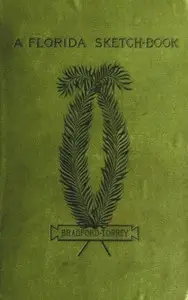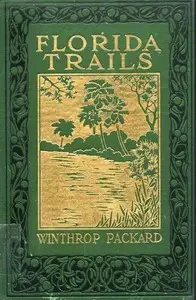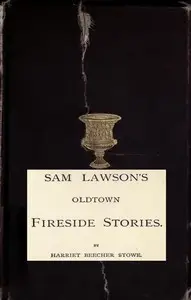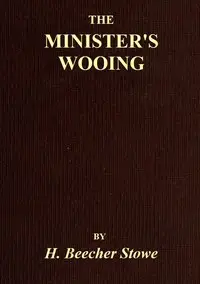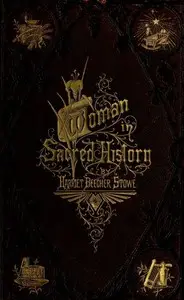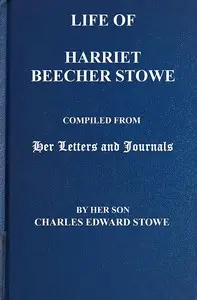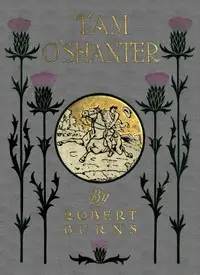"Palmetto-Leaves" by Harriet Beecher Stowe is a compilation of travel essays that present a vibrant exploration of Florida, painting a picture of its natural allure, social customs, and cultural environment during the late 1800s. From Savannah to Florida by steamer ship, Stowe documents her encounters with Florida’s terrain, plants, and people, while connecting nature to human emotions. Encounters with “nobody’s dog” on the ship introduces themes of belonging as Stowe reflects on various landscapes, and setting the stage for a thoughtful exploration of Florida's landscapes and the emotions associated with the relationships between people and animals.

Palmetto-Leaves
By Harriet Beecher Stowe
Witness a journey into the heart of Florida as landscapes and lives intertwine, revealing stories of belonging, compassion, and the universal search for connection in the late 1800s.
Summary
About the AuthorHarriet Elisabeth Beecher Stowe was an American author and abolitionist. She came from the religious Beecher family and wrote the popular novel Uncle Tom's Cabin (1852), which depicts the harsh conditions experienced by enslaved African Americans. The book reached an audience of millions as a novel and play, and became influential in the United States and in Great Britain, energizing anti-slavery forces in the American North, while provoking widespread anger in the South. Stowe wrote 30 books, including novels, three travel memoirs, and collections of articles and letters. She was influential both for her writings as well as for her public stances and debates on social issues of the day.
Harriet Elisabeth Beecher Stowe was an American author and abolitionist. She came from the religious Beecher family and wrote the popular novel Uncle Tom's Cabin (1852), which depicts the harsh conditions experienced by enslaved African Americans. The book reached an audience of millions as a novel and play, and became influential in the United States and in Great Britain, energizing anti-slavery forces in the American North, while provoking widespread anger in the South. Stowe wrote 30 books, including novels, three travel memoirs, and collections of articles and letters. She was influential both for her writings as well as for her public stances and debates on social issues of the day.

